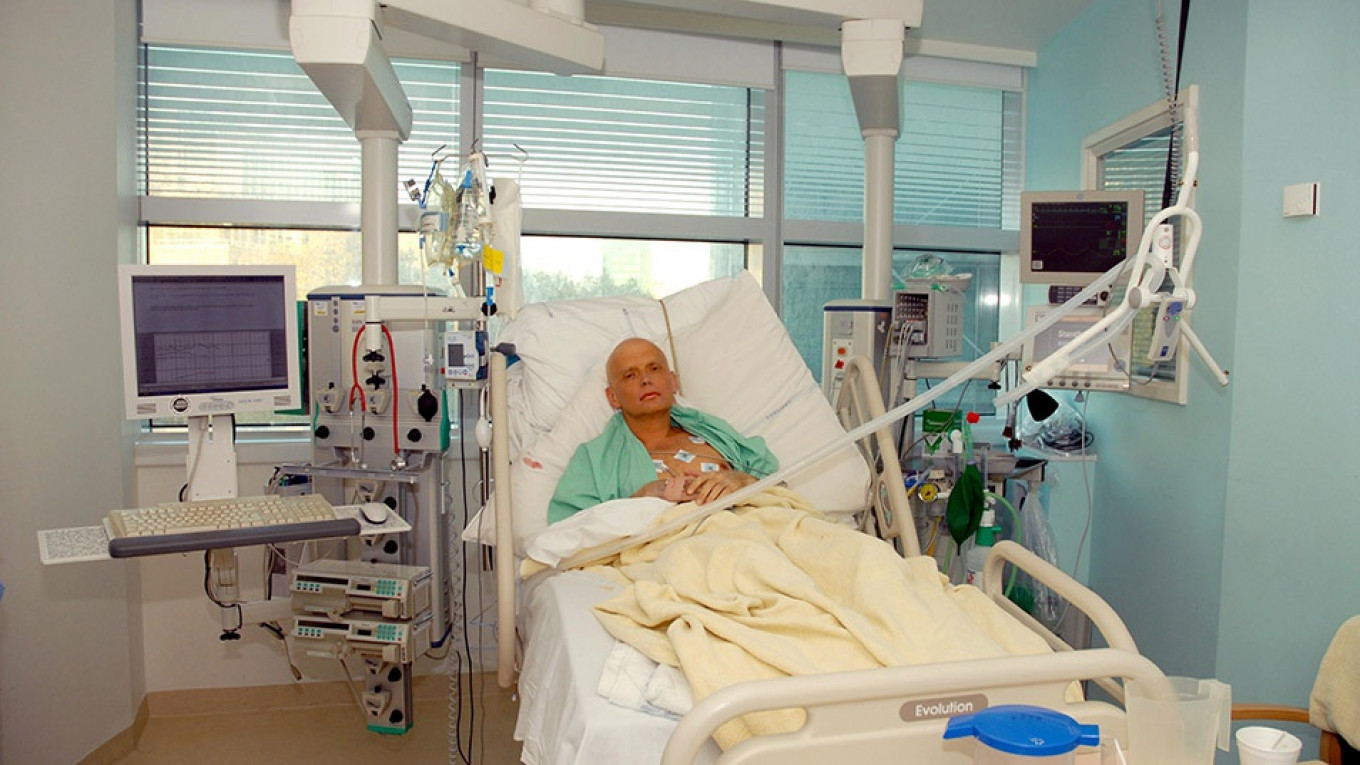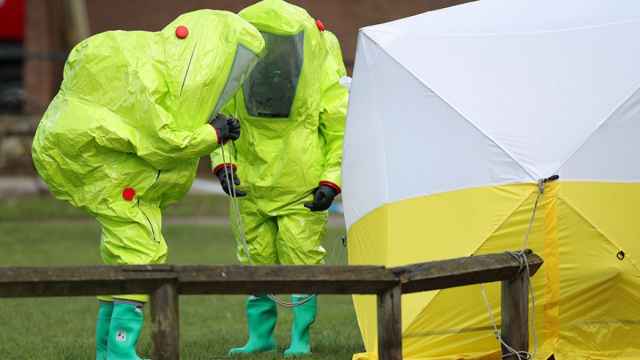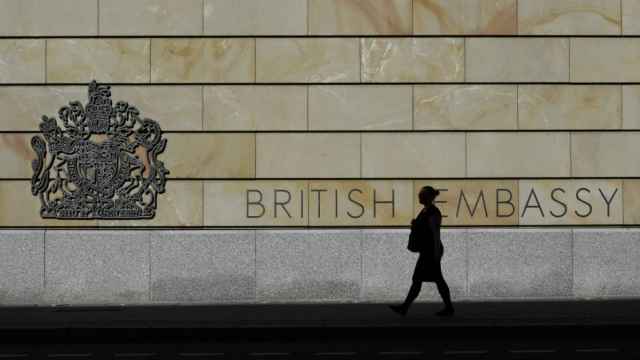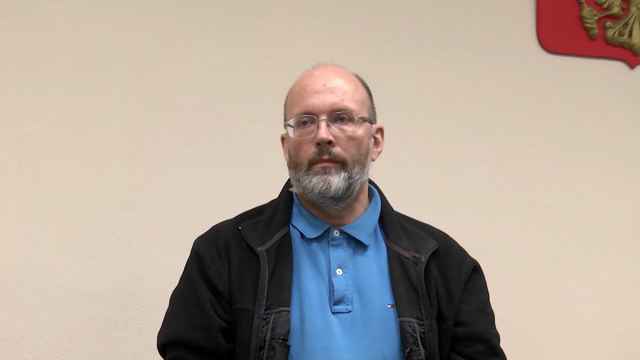Europe's top rights court on Tuesday ruled that Russia was responsible for the 2006 killing in London of the dissident former agent Alexander Litvinenko, a verdict swiftly rejected by Moscow.
Litvinenko died after drinking tea laced with the radioactive isotope Polonium 210 at a London hotel, in a case that has weighed on relations between Britain and Russia ever since.
Before dying, Litvinenko issued a message blaming Russian President Vladimir Putin for the poisoning, and opponents have seen the killing as one of the first in a line of Kremlin-backed assassination plots against dissidents.
"Russia was responsible for the assassination of Alexander Litvinenko in the UK," said the Strasbourg-based The European Court of Human Rights (ECHR).
But in Moscow, Putin's spokesman Dmitry Peskov rejected the claim.
"There are still no results of this investigation, so making statements like these is at least unfounded ... We are not prepared to accept this decision," he said.
Responding to a complaint brought by Litvinenko's widow Marina, the ECHR said it had established "beyond reasonable doubt" that the assassination had been carried out by Russians Andrei Lugovoi and Dmitry Kovtun.
The pair had travelled to the British capital with the aim of killing him, the court found.
"The planned and complex operation involving the procurement of a rare deadly poison, the travel arrangements for the pair, and repeated and sustained attempts to administer the poison indicated that Mr Litvinenko had been the target," it said.
Lugovoi, now a Russian MP, and businessman Kovtun were identified by British police as prime suspects after they both met Litvinenko at a central London hotel.
But attempts to extradite them have failed and they have both rejected the charges, with Lugovoi also claiming parliamentary immunity.
The court said there was a "strong prima facie" case that Lugovoi and Kovtun "had been acting on the direction or control of the Russian authorities."
Russia had not attempted to show in the case that the pair acted as part of a "rogue operation" and had also failed to rebut accusations of state involvement.
As a result, the court said it had decided the assassination was "imputable to Russia."
The Litvinenko killing was followed by the attempted poisoning of former double agent Sergei Skripal in Britain in 2018 and opposition leader Alexei Navalny in Siberia in 2020 that the West blamed on Russia. The Kremlin denies the charges.
British police said on Tuesday there was now enough evidence to charge a third Russian man in the attempted poisoning of Skripal with the nerve agent Novichok.
A British public inquiry in 2016 concluded that Putin had "probably approved" Litvinenko's killing, which it said was likely to have been directed by the Russian security service FSB.
ECHR also ruled Russia failed to provide requested material and dismissed the Russian government’s objection to the use of the UK public inquiry report as evidence.
The court, part of the Council of Europe where Russia is one of the 47 members, ordered Moscow to pay 100,000 euros ($117,000) in non-pecuniary damages to his widow and 22,500 euros in costs.
Litvinenko, a former FSB lieutenant-colonel, fled to the U.K. in 2000 as he faced criminal charges in Russia after blowing the whistle on an alleged FSB plot to assassinate Boris Berezovsky, a tycoon and Kremlin insider.
Berezovsky also moved to the U.K. and died in unclear circumstances in 2013.
Litvinenko claimed the FSB were also involved in deadly bombings of Russian apartment blocks in 1999 — after which Putin launched a second Chechen war — and in a Moscow theatre siege by Chechen rebels in 2002.
His wife told the UK's public inquiry Litvinenko was working for Britain's MI6 foreign intelligence service at the time of his death.
A Message from The Moscow Times:
Dear readers,
We are facing unprecedented challenges. Russia's Prosecutor General's Office has designated The Moscow Times as an "undesirable" organization, criminalizing our work and putting our staff at risk of prosecution. This follows our earlier unjust labeling as a "foreign agent."
These actions are direct attempts to silence independent journalism in Russia. The authorities claim our work "discredits the decisions of the Russian leadership." We see things differently: we strive to provide accurate, unbiased reporting on Russia.
We, the journalists of The Moscow Times, refuse to be silenced. But to continue our work, we need your help.
Your support, no matter how small, makes a world of difference. If you can, please support us monthly starting from just $2. It's quick to set up, and every contribution makes a significant impact.
By supporting The Moscow Times, you're defending open, independent journalism in the face of repression. Thank you for standing with us.
Remind me later.






